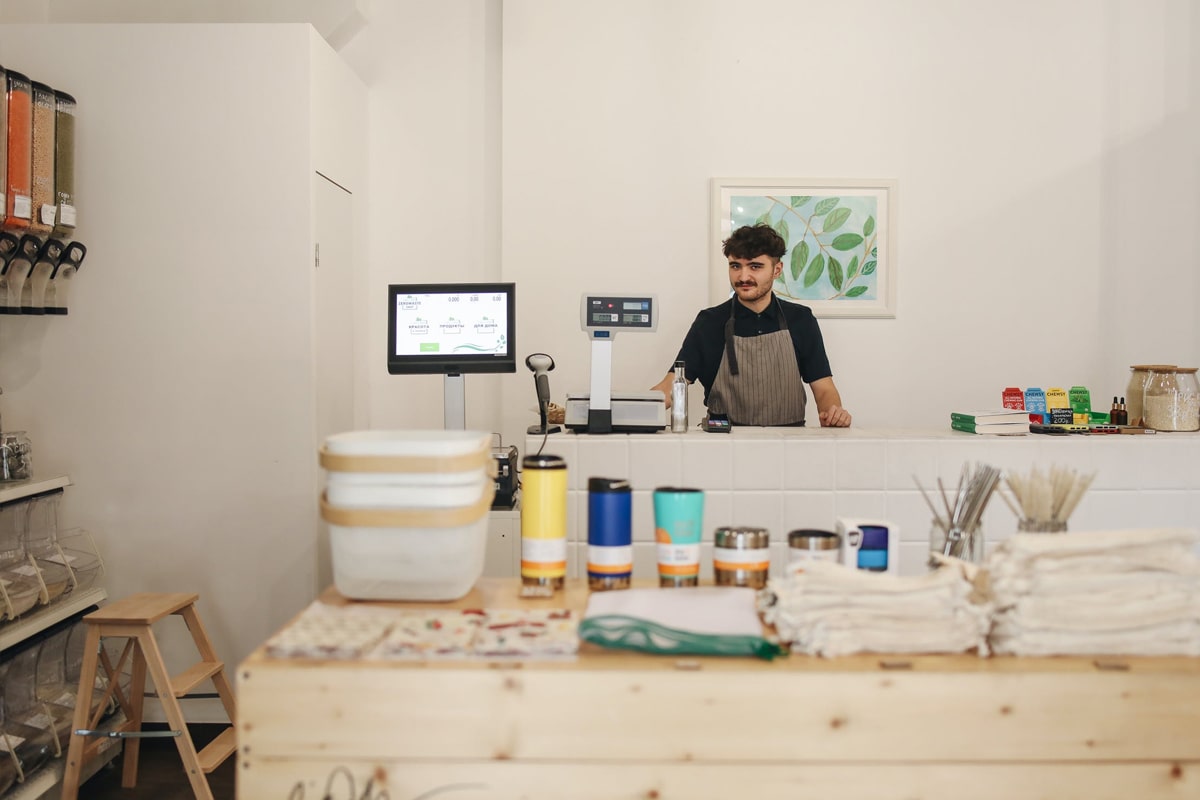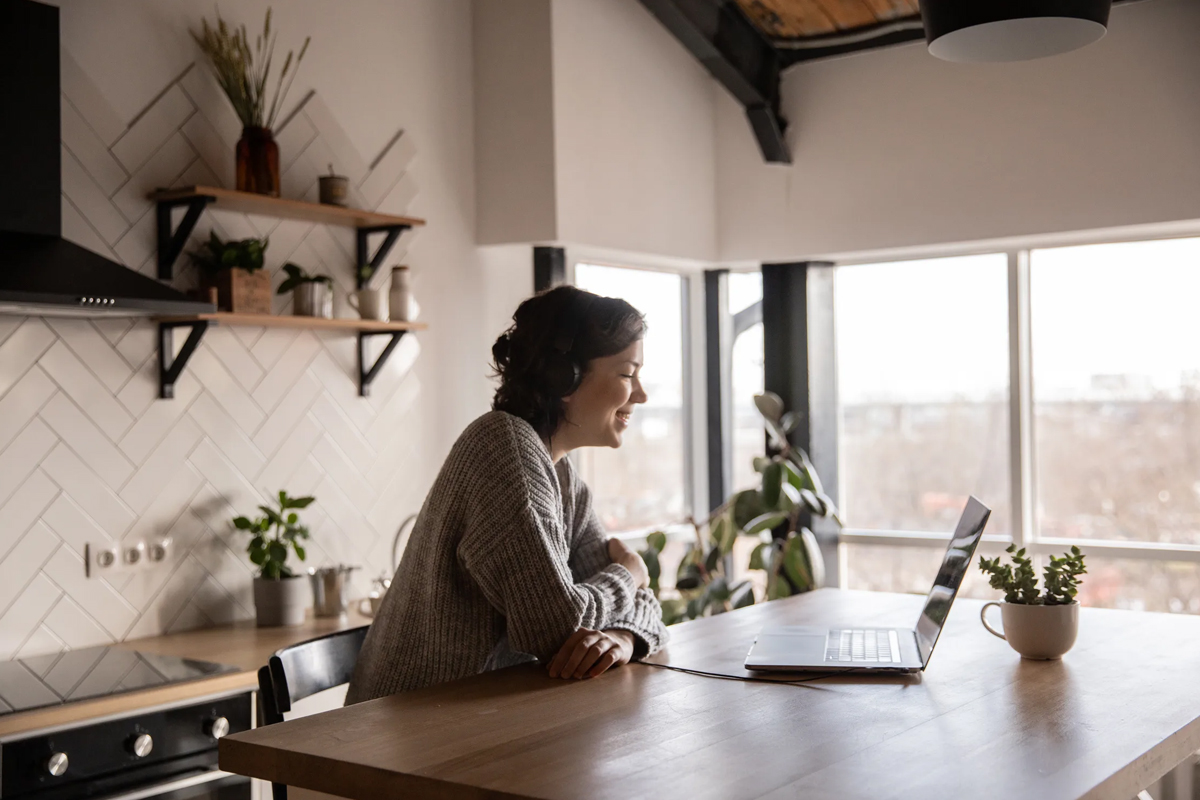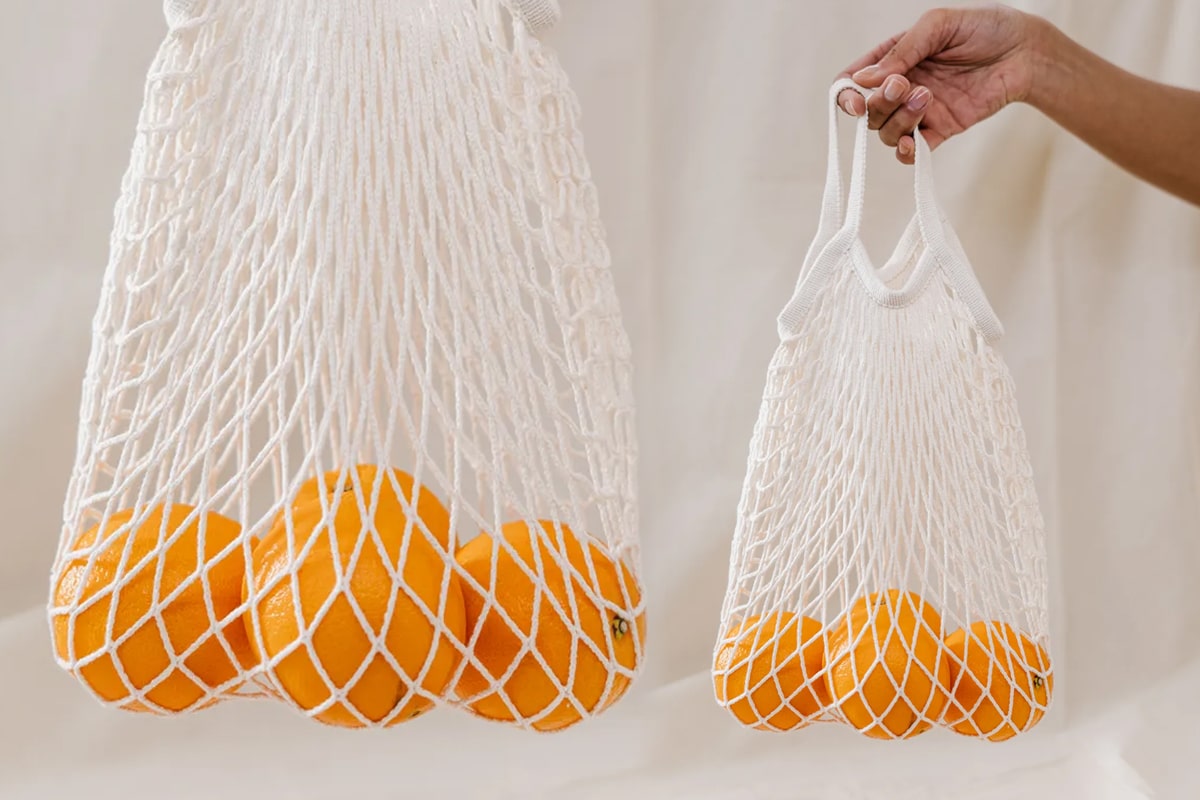Water is the most crucial component for the survival of life after air. Water is a limited resource that, if improperly managed, will lead to shortages soon. Conserving water can make a significant difference in reducing these projected shortages.
Why Should You Save Water?
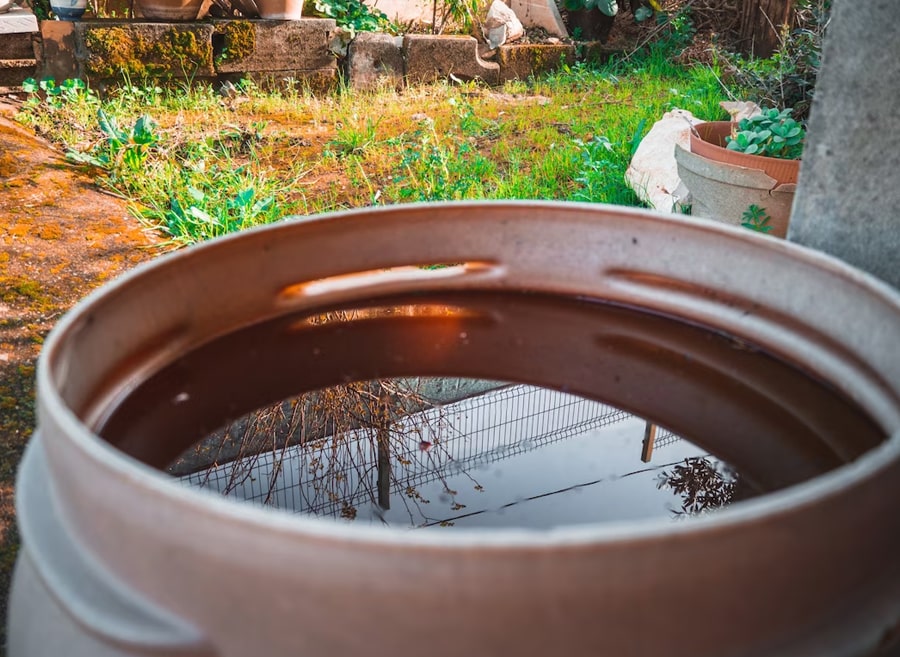
Water conservation not only reduces your utility costs but also lessens the risk of water pollution in adjacent lakes, rivers, and watersheds. Also, by conserving water, greenhouse gas emissions related to water distribution and treatment are reduced.
By minimizing soil saturation and reducing pollution from leaks, water conservation can also lengthen the lifespan of your septic system. Untreated sewage can also seep into lakes and rivers when municipal sewer systems are overburdened. The likelihood of pollution decreases as the volume of water flowing through these systems increases. A costly sewage system expansion has been averted in certain towns thanks to widespread household water saving.
8 Ways to Reduce Water Use at Home
Even in areas where water seems to be in plentiful supply, water conservation has become crucial. This is due to the fact that our water supplies are limited and increasing scarcer by the day. How then can you use less water both inside and outside, in your garden and yard? Here are some recommendations:
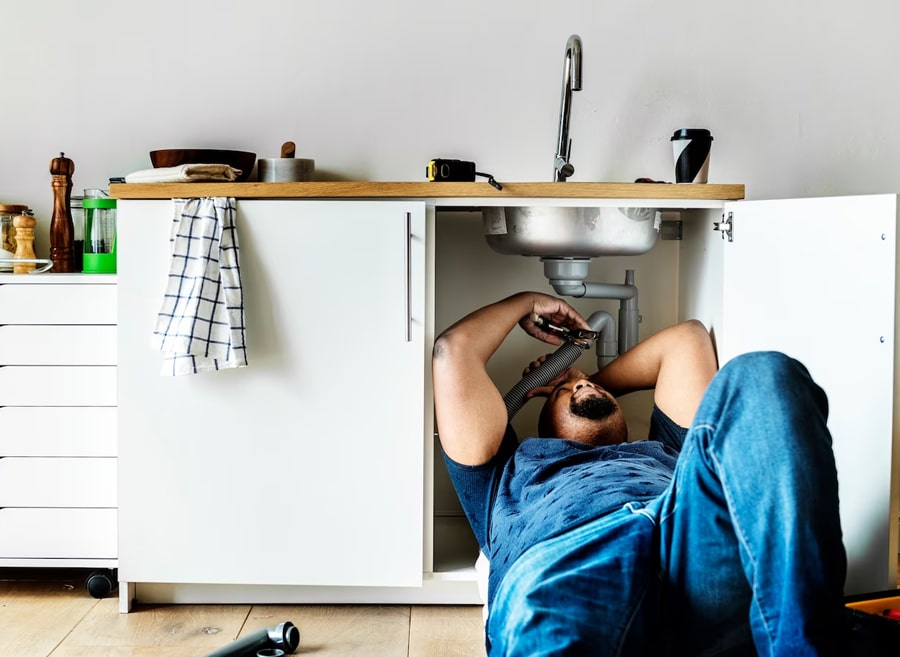
Repair Leaks: Look for any leaks in pipes, faucets, or commodes and fix them right away. Over time, even a minor leak can waste a lot of water.
Replace Old Fixtures with Water-Efficient Models: Install new faucets, showerheads, and toilets in place of old ones. Look for fixtures that have the WaterSense certification, which certifies that they satisfy performance and efficiency standards.
Shorten the length of your showers by a few minutes. To help you keep track of time, think about setting a shower timer or turning on some music.
Install Faucet Aerators: To lower the water flow rate without lowering water pressure, attach faucet aerators to your sinks. By mixing air with the water, these simple devices allow for water conservation while maintaining a powerful stream.
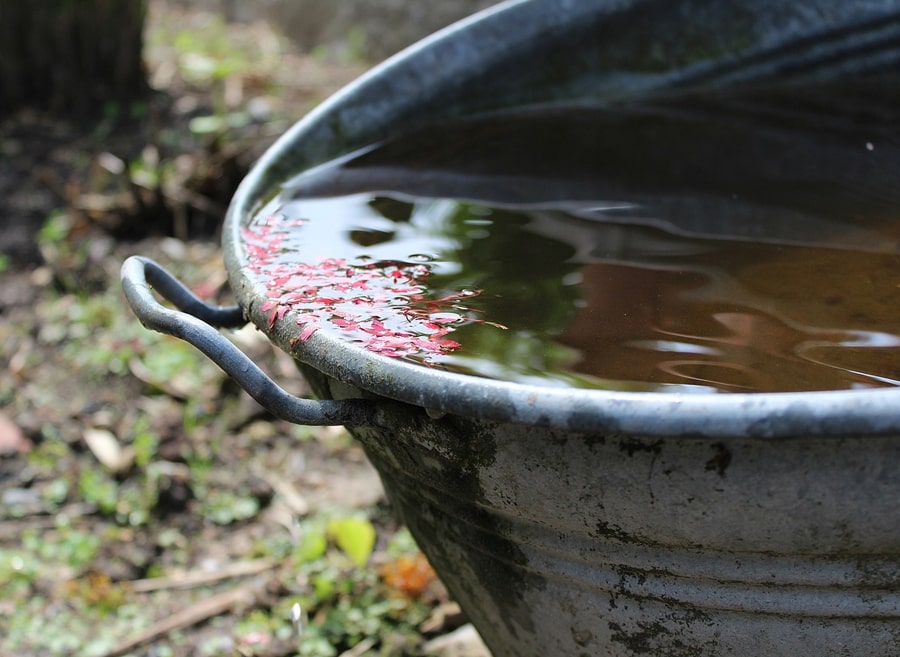
Collect Rainwater: Build a rain barrel to collect rainwater for outside uses like washing your car or watering plants.
Effective Plant Watering: To reduce evaporation, water your plants in the early morning or late evening. To reach the roots directly, use a watering can or drip irrigation system rather than a hose.
Only Run Full Loads: To enhance water economy, only run full loads when using dishwashers or washing machines. If there are any, change the water level settings.
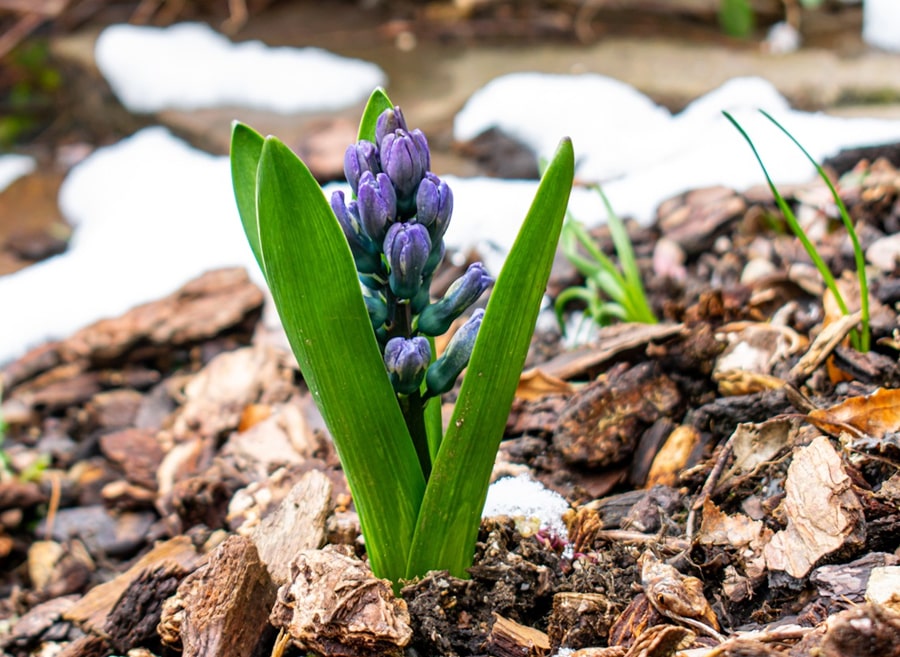
Mulch Your Garden: Put mulch around trees and plants in your garden to keep the soil moist and eliminate the need for regular watering.
Save Water To Protect the Environment and Future Generations
If you use less water at home, the beauty of nature will be conserved for future generations.
It shouldn’t be expensive to reduce your water footprint. Adding mulch to your garden and fixing leaks are two of the biggest adjustments you can make that will actually cost you less money. They’ll also assist you in making investments in a better world.Indeed, you can save money right now—and protect the natural beauty of our planet for future generations—by using less water at home.


